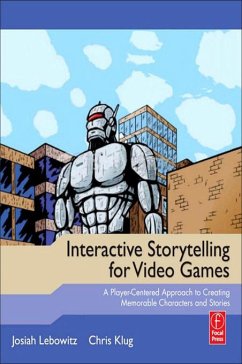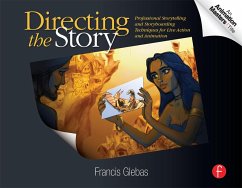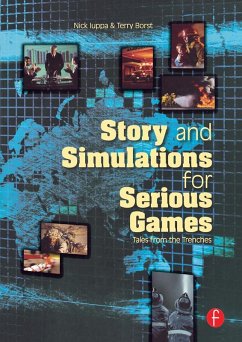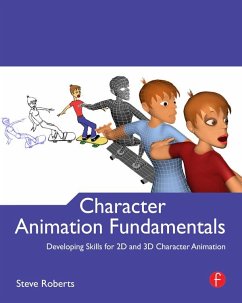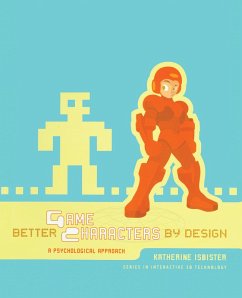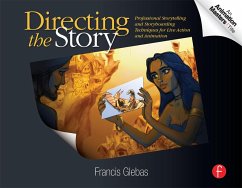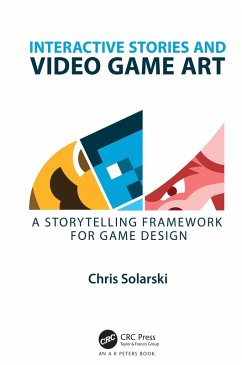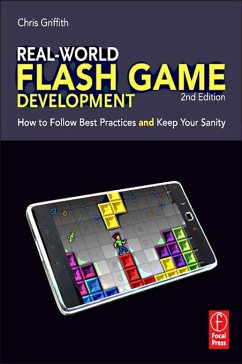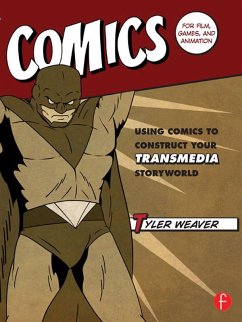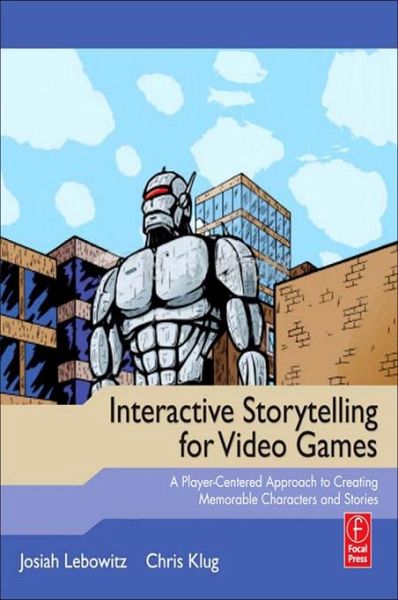
Interactive Storytelling for Video Games (eBook, PDF)
A Player-Centered Approach to Creating Memorable Characters and Stories
Versandkostenfrei!
Sofort per Download lieferbar
41,95 €
inkl. MwSt.
Weitere Ausgaben:

PAYBACK Punkte
21 °P sammeln!
What really makes a video game story interactive? What's the best way to create an interactive story?How much control should players be given? Do they really want that control in the first place?Do they even know what they want-or are their stated desires at odds with the unconscious preferences?All of these questions and more are examined in this definitive book on interactive storytelling for video games. You'll get detailed descriptions of all major types of interactive stories, case studies of popular games (including Bioshock, Fallout 3, Final Fantasy XIII, Heavy Rain, and Metal Gear Soli...
What really makes a video game story interactive?
What's the best way to create an interactive story?
How much control should players be given?
Do they really want that control in the first place?
Do they even know what they want-or are their stated desires at odds with the unconscious preferences?
All of these questions and more are examined in this definitive book on interactive storytelling for video games. You'll get detailed descriptions of all major types of interactive stories, case studies of popular games (including Bioshock, Fallout 3, Final Fantasy XIII, Heavy Rain, and Metal Gear Solid), and how players interact with them, and an in-depth analysis of the results of a national survey on player storytelling preferences in games. You'll get the expert advice you need to generate compelling and original game concepts and narratives.With Interactive Storytelling for Video Games, you'll:
What's the best way to create an interactive story?
How much control should players be given?
Do they really want that control in the first place?
Do they even know what they want-or are their stated desires at odds with the unconscious preferences?
All of these questions and more are examined in this definitive book on interactive storytelling for video games. You'll get detailed descriptions of all major types of interactive stories, case studies of popular games (including Bioshock, Fallout 3, Final Fantasy XIII, Heavy Rain, and Metal Gear Solid), and how players interact with them, and an in-depth analysis of the results of a national survey on player storytelling preferences in games. You'll get the expert advice you need to generate compelling and original game concepts and narratives.With Interactive Storytelling for Video Games, you'll:
Dieser Download kann aus rechtlichen Gründen nur mit Rechnungsadresse in A, B, BG, CY, CZ, D, DK, EW, E, FIN, F, GR, HR, H, IRL, I, LT, L, LR, M, NL, PL, P, R, S, SLO, SK ausgeliefert werden.




